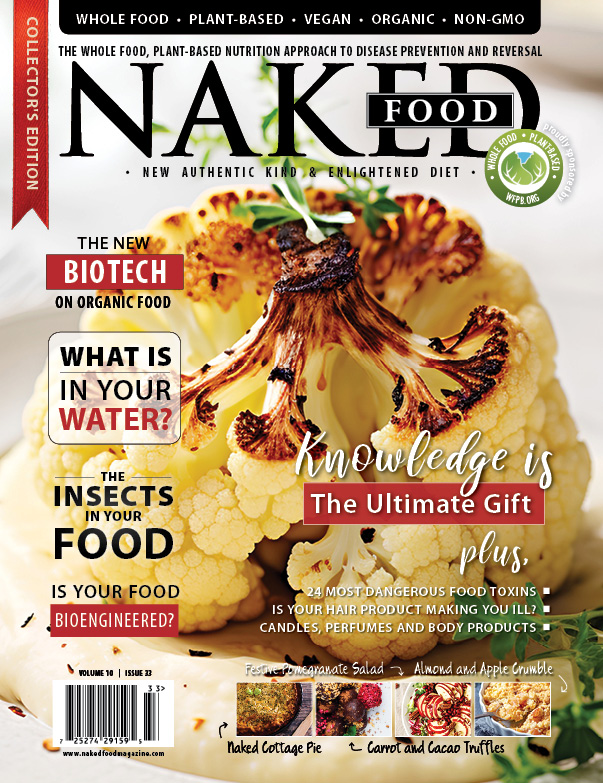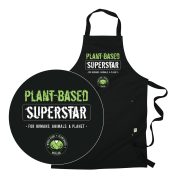Eighty percent of the salt consumed by people following the Western diet is irreversibly intermingled with processed foods. Scientific research, especially studies of the eating habits of various populations, incriminates salt as the cause of many diseases. However, when people transition to a naturally low-sodium diet, free of fat, cholesterol, refined flour, and sugar, they also decrease the sodium levels in their body. The large amounts of sodium found in these foods are the real cause of high-sodium levels in the body.
Eating salt is not damaging when it is added in small amounts to otherwise healthful ingredients, like whole foods and plant starches.
The basic ingredients of naked food recipes are very low in sodium. Therefore, a sprinkle of salt can be added to the meals right before consumption and still be perfectly healthy. A low-sodium diet helps the taste buds adapt easily to a healthy diet when salt is added in small amounts. Foods should be flavored with spices, vegetables, and herbs in place of salt during the cooking process. Salt should be consumed, if any, by lightly sprinkling it over a served dish or meal.
Plant foods are inherently low in sodium, chloride, and fat (exceptions being nuts, seeds, avocados, coconut) and high in potassium. In plants, there are thousands of ingredients, some identified and many others yet to be discovered, that keep the blood pressure low, the blood vessels strong, and the body healthy.
A whole food, plant-based diet provides between 400-600mg of sodium daily from natural occurring sodium. It is acceptable to add a daily maximum of ½ teaspoon of sea salt or iodized salt, or 1 Tbsp miso, tamari or soy sauce, which add about 1000mg of sodium per day. Total milligrams (mg) sodium intake should be a maximum of 1500mg per day.
Foods should be flavored with spices, vegetables, and herbs in place of salt during the cooking process. Salt should be consumed, if any, by lightly sprinkling it over a served dish or meal.
Adequate Sodium intakes (AIs) according to age are:
110 mg daily for infants 0-6 months
370 mg daily for infants 7-12 months
800 mg daily for children ages 1-3
1000 mg daily for ages 4-8;
1200 mg daily for ages 9-13
1500 mg daily for ages 14 and older
There remains limited scientific evidence on sodium intakes below 1500 mg per day for adults, which prevents considering further reductions in the sodium AI. (Source: Dietary Reference Intakes for Water, Potassium, Sodium, Chloride, and Sulfate. (2005). doi:10.17226/10925 / PDF)
When a low-sodium diet is consumed, the intestines increase their sodium absorption, and the kidneys reduce the loss into the urine. Healthy bodies never mismanage this life-sustaining regulation. The human body removes unwanted fluid by filtering the blood through the kidneys, via osmosis, to draw excess water out of the blood. Human kidneys efficiently conserve sodium and excrete potassium, although a high salt diet will alter this sodium balance, causing the kidneys to have reduced function and remove less water, resulting in higher blood pressure. This puts a strain on the kidneys and can lead to kidney disease.
Too much sodium has been blamed for causing hypertension, osteoporosis, kidney stones, and cancer. A high salt intake has been shown to increase the amount of protein in the urine, which is a major risk factor for the decline of kidney function. There is also increasing evidence that a high salt intake may increase deterioration of the kidneys in people already suffering from kidney problems.
Salt restriction can be lifesaving for people with severely damaged hearts and kidneys. Sensitive people can develop swelling (edema) from salt, reported as swollen feet after a meal or on a long airplane ride. Because food is made less palatable, salt restriction results in lower calorie intake, and hopefully, more loss of excess weight.
Stomach cancer is the second leading cause of cancer death worldwide. It has been suggested that consumption of salty foods causes this cancer; however, current research does not support this belief.1 Instead, the consumption of animal foods and the lack of fruits and vegetables in the diet has been well established to be the real cause of this cancer.











